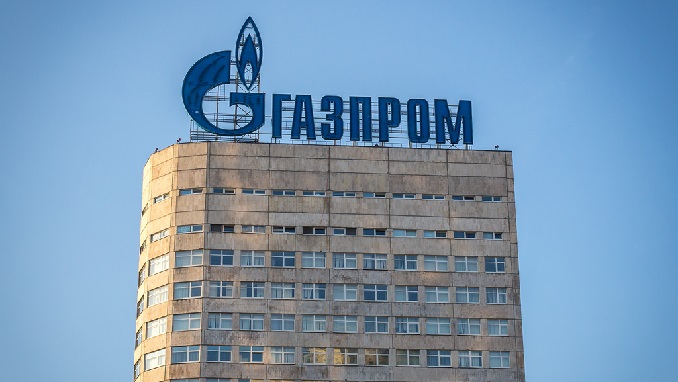Gazprom, Russia’s top gas producer will have to enter into a new gas transit system contract with Ukraine until at least 2020 since the inland part of the EU’s infrastructure will not be ready to receive Russian gas pumped through the Nord Stream 2 pipeline, Kommersant reports.
The Eugal pipeline, which is set to become an extension of Nord Stream 2 through German territory, will not be completed until the end of 2020, a source in Gascade (which owns 50.5% of shares in the project) told the Moscow newspaper.
Meanwhile, Nord Stream 2 itself – having 55 billion cubic meters annual capacity – is planned to be put into operation by the end of 2019, according to repeated statements by Gazprom.
This means that in practice Russia’s gas giant will not be able to use the pipelines full capacity in 2020, which in its turn leaves no choice for Gazprom but to enter into a new gas transit contract with Ukraine, the report says.
Gazprom will only be able to ensure full utilization of the Nord Stream 2 natural gas pipeline and two threads of the Turkish Stream pipeline by 2024, Simon Pirani, a research fellow at the Oxford Institute for Energy Studies told the paper.
This can probably enable the company to give up the Ukrainian route to ensure its long-term contract portfolio (around 180 billion cubic meters per year). However, the expert adds, the company may not be able to fully close the door to Ukrainian transit in practice, even when the mentioned gas pipelines are completed given the surging demand for Russian gas.
Gazprom has been involved in a series of rows with Ukraine’s national gas company Naftogaz over past contracts. A Stockholm arbitration court recently ordered the Russian company to pay more than $2.5 billion to Ukraine.
In June 2014, Gazprom and Naftogaz lodged multi-billion-dollar claims against each other with the Stockholm court, which resolves commercial disputes.
The disagreement was a by-product of the worsening relations between Kiev and Moscow since Russia’s annexation of Crimea and the eruption of Russian-backed separatist violence in Ukraine’s Donbass region, which has killed more than 10,000 people.
The latest ruling in Stockholm, which concludes the legal dispute, centered on Naftogaz’s claims that it was owed compensation for Gazprom not pumping a certain volume of gas per year via Ukraine and paying too little for what it did send through Naftogaz pipelines.












